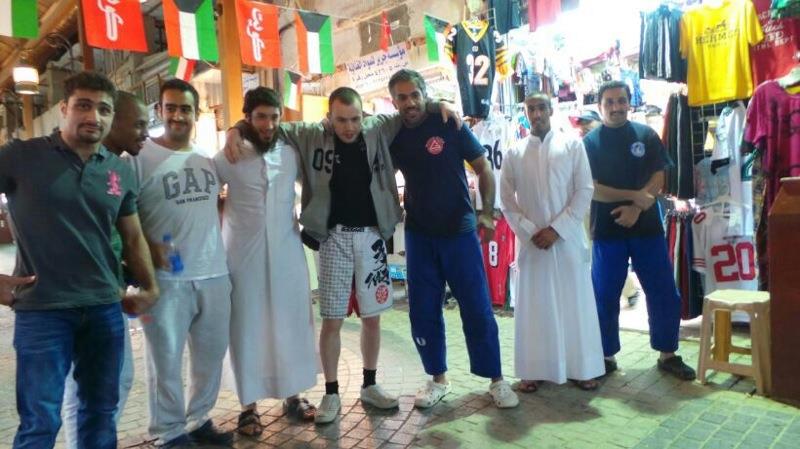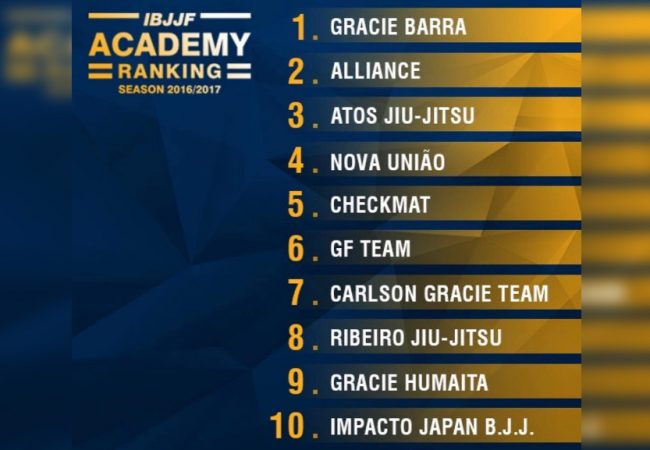Oliver Geddes is a black belt under Roger Gracie from England most known for his ability to get around and compete. A numbers guy, he keeps track of all his wins and losses, amount of matches he’s ever competed in and most importantly his budget. Living at the London Roger Gracie Academy at one point, he values experiences over things and manages to gain enough money and network among the Jiu-Jitsu community to take trips around the world for Jiu-Jitsu purposes.
There are huge lessons learned that came with Oli’s journeys and lucky for you he can spare you the money, time and efforts (most), maybe awkward moments as well, so that you have a guide to traveling for competitions.
Here is how the traveling nomad plans and executes his trips, near and far:
The competition is the priority. “The number one mistake people make when traveling to competitions is treating it like a holiday. If that’s what you want, fine. But a lot of people complain about the cost of competitions when they are traveling with family or partners, staying in proper hotels, traveling at convenient times, and so on and so forth. The first thing to take into account when traveling for a competition is that the competition is the priority. Comfort and sightseeing has to take a back seat if you want to do this on the cheap.”
Be conscious of how you spend your money. “Don’t stay in hotels, stay in hostels. Fly at awkward hours. Take coaches or buses, not trains. Research the route beforehand, because making spur of the moment decisions is nearly always more expensive. If you can referee, and are qualified, then take that into account. For a multiple day competition, that can really mess with your performance, but for a one day event, it really shouldn’t impede you too much. This applies mostly when you’re traveling solo, but if you can find a like-minded travel partner, this can sometimes shave a little bit more money off. Just know your travel partner well enough so that you’re sure they will make the trip cheaper rather than more expensive. It only takes one night out to turn a very cheap trip into a moderately expensive one.”
Consider sightseeing for free. “As the downside of all of this – no, you’re probably not going to see much of the countries you are visiting. And this is a shame. But with enough planning and research, you should be able to find a number of things to see and do that are free and where you can take some pictures and at least feel you saw another country, rather than the inside of another gymnasium.”
Plan as to stay within your budget. “If you’re really hurting for cash and it’s a short trip, buy your food beforehand and bring it with you. You can spend a lot of money waiting at airports on things that you can get for a quarter the price in a supermarket. Equally, if traveling to a country with a different currency, be aware of exchange rates. Not really knowing how much you’re paying for something (and hence whether something is actually cheap or expensive) can hurt a lot over the course of several days.”
With IBJJF tournaments surfacing all over the world, don’t let the fear of spending too much money get in the way of earning a gold medal and testing yourself. Traveling for a competition doesn’t always have to mean top hotels, car rentals and nights out on the town so long as you have a budget and keep your eyes on the competition itself.
For upcoming tournaments, you can see the IBJJF calendar by clicking here.




